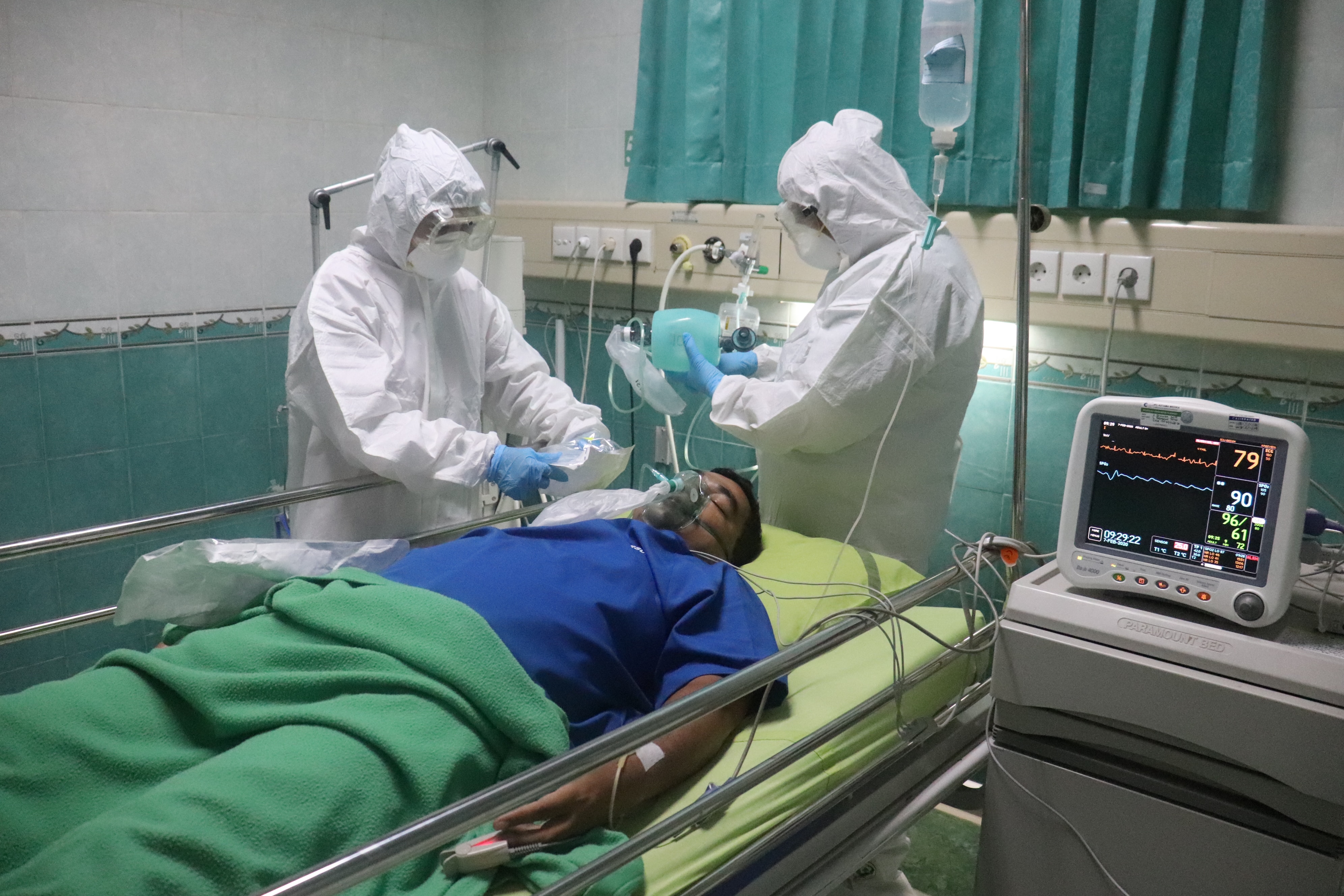News release
From:
Medical research: Identifying genetic links to critical illness caused by COVID-19
New genetic variants that are linked to the development of critical illness in patients with COVID-19 are reported in Nature. The findings, which build on previous analyses, improve our understanding of the factors that underlie severe COVID-19 and highlight targets for drug development.
Previous genome-wide association studies by GenOMICC have shed light on the genetic factors that might influence disease severity in about 10,000 patients who were critically ill with COVID-19. In the latest update, Kenneth Baillie and colleagues analysed genomic data from 24,202 patients who were critically ill with COVID-19 and identified 49 genetic variants underlying critical illness, of which 16 had not been reported previously. To explore potential therapeutic implications, the authors combined these results with gene and protein expression data and identified 114 potential drug targets. For example, targets relating to genes involved in the body’s response to invading viruses and inflammatory processes.
The authors suggest that repurposing existing drugs could potentially target these pathways to help treat patients who are seriously ill with COVID-19. For example, they found an association of critical COVID-19 with the gene that encodes JAK1, a protein involved in inflammatory signalling, and which is a target of the rheumatoid arthritis treatment baricitinib, thus offering a potential avenue for drug repositioning. These results enhance our understanding as well as offering new insights, some of which may have potential therapeutic applications.
Article and author details



 Australia; QLD
Australia; QLD



